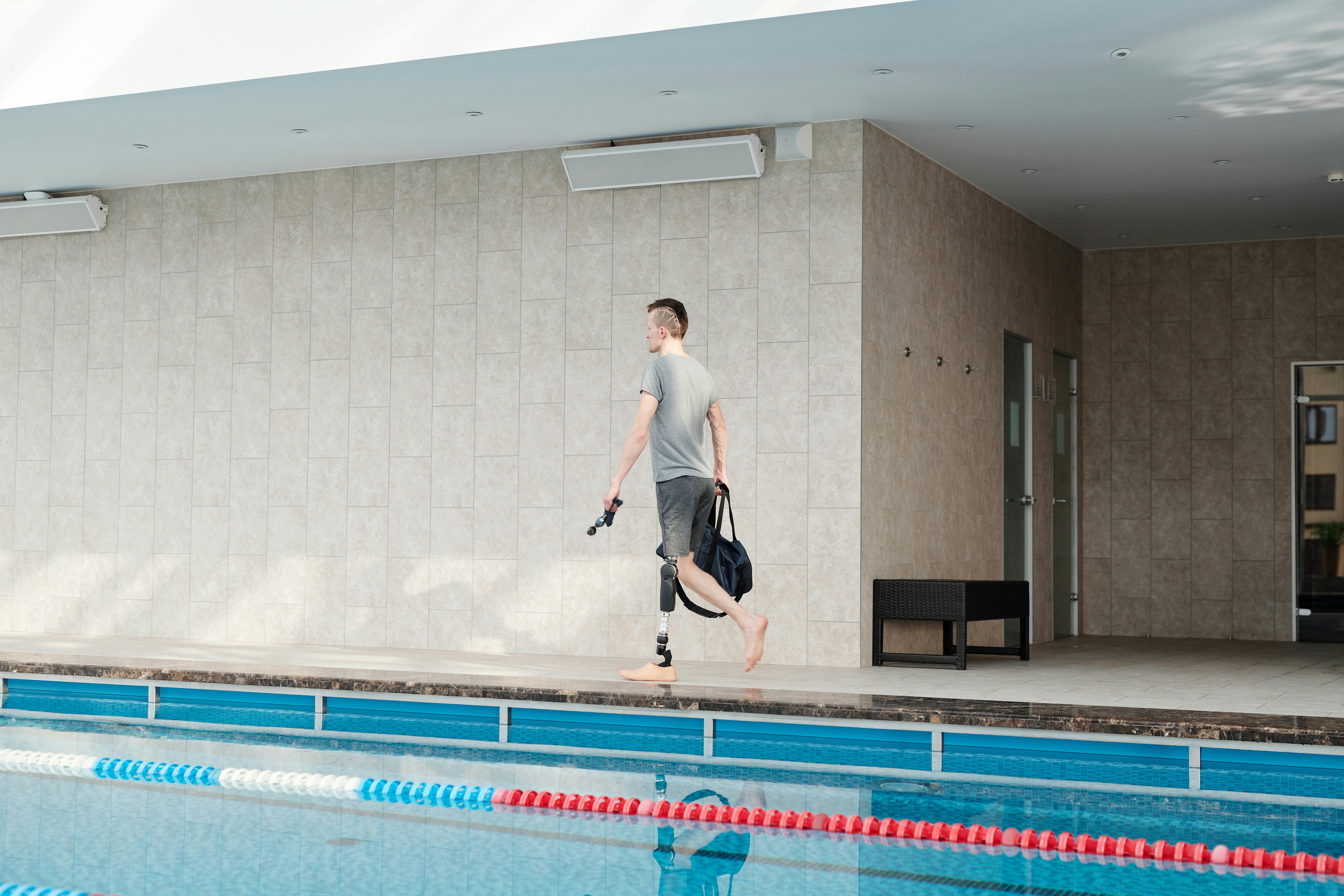
Blooming Flowers of Poetry: Selected Poems by Hsu Chicheng
admin
- 0
Hsu Chicheng. Blooming Flowers of Poetry: Selected Poems by Hsu Chicheng (Chinese – English). Translated by Zhang Zhizhong. Chongqing City: The Earth Culture Press (USA), 2012. Pages 382. Price CNY 50.00, US$25.00. ISBN 978-0-9637599-6-2/E.009
The volume of Hsu Chicheng’s Selected Poems seeks to present his poetic excellence or, as the poet would like to say, “a new starting point” in his life after the age of 70. Hsu Chicheng has been writing poetry for the past five decades, celebrating Nature and Humanity: His poems depict the native landscape, idyllic life, and human values with respect for Chinese tradition and culture:
“I am determined to dedicate myself to human beings.
And I don’t care if you eat my flesh or drink my blood.” (p.361)
Y
“The fire of strength will never be extinguished
And it will burn more wildly, wildly…” (p. 359)
Since I don’t know Chinese, I can’t say if he also follows Chinese traditional poetic forms and styles, but he is modern in his outlook and true to his personal experiences and vision. As he points out in his foreword:
“My pieces are written with more blood than ink. Humanism is the basic point of my writing; with the usual themes of the countryside, landscape and nature, to exalt the sunny side of human life and encourage people to keep going.” finally bring benefit to my readers… In the past 50 years, Taiwan’s poetry forum has been a lively scene: various styles and various schools of poems. But I don’t follow any other school than my own pastoral school. I go my own way cultivating my own land, sowing my own seeds and growing my own crops…” (p. 13)
Obviously, Hsu Chicheng writes with a commitment. His poetic sensibility is rooted in nature, the sea and the rivers, the hills and mountains, the winds and the rains, the fields and agricultural activities, the docile birds and domestic animals, the sincerity and simplicity of the country people, his honesty and tolerance, and the hardships of rural and urban life, etc. He is also aware of the transitions experienced at various points in his career as a teacher, journalist, military judge, and his post-retirement activities as a poet, translator, and editor. His poetic imagination exudes a sense of history.
Although he faces challenges of a diverse socio-political nature and ups and downs in his own life, his visionary orientation is ‘self’ despite the disappointing political and economic climate abroad. The fighter in him urges: “Hold on to the will / Never let go of the goal / No fear of bitterness / No fear of loneliness / Will go his own way alone / Tread the rugged even / Dispel the mist / Walk the winds and the rains/To embrace the sunlight” p. 357), just as the meditator in it rejoices: “Sitting in silence/The stillness is here/The stillness accompanies me/Only two: her and me” (p. 369). Hsu yearns for peace and enjoys it through inner stillness “in the depth of the night.” In fact, poetry is his spiritual aspiration and realization.
At 73, Hsu exults in hope and faith:
“There is nothing wrong with retirement
There is nothing wrong with sunset.
i can still paint
–Though it’s painting the glow
You can paint better” (p. 165)
Y
“Now nightfall! Twilight is gathering
What is the length of the long lane ahead?
Is the lane smooth or difficult to walk?
despite the uncertainty
Despite the tiredness and difficulty walking
Non-stop and non-stop
One’s worth has to be taken in both hands
To appreciate and draw the colorful glow of sunset” (p. 475)
Y
“He still hasn’t given up his hope
He is on the search sparing no effort
… (p. 367)
Hsu loves the brightness (p. 355) and sees hope in winter, “Never lose your faith/And wait patiently” (p. 353), as he puts it. For him, growing old is a joy, a new opportunity:
“This time to be more constant and firmer
Spiritually oneself must be completely reshaped
To overcome body aging
To carry the burden of the years
Walking in scorching heat, severe cold, and winds and rains
Overcoming myriads of hills and streams, as well as bumpy roads…”
(‘Seventy years like spring’, p. 351)
Y
“We lift our heads and pass by, hoping for another world
We lift our heads and look, hoping for another spring”
(‘Reappearance’, p. 347)
Hsu Chicheng, as a sensitive observer of himself, others and nature, expresses a free spirit with an awareness of the cycle of changes and memories of childhood, growth and aging. His poems are as genuine as his silver hair and keep the fire of hope and faith burning (cf. pp. 333, 299, 271, 257).
It seems to me that poet-editor Zhang Zhizhong’s literal word-for-word translation successfully shows the growth of Hsu’s mind and personality and puts him at the forefront of contemporary Chinese poetry. He is deftly joined by a couple of other translating poets, namely Yang Zongze, Yang Xu, and Hsu Chicheng himself, who translates some of the best poems in the collection. I also feel that by their close reading of Hsu’s poetic texts and/or their presentation in real contexts, Zhang Zhizhong and others have helped open up new spaces in Chinese poetry, whether from mainland China or from Hong Kong and Taiwan. The translators deserve kudos for their expert interpretation of Hsu’s inspiring and refreshing texts and contexts.

